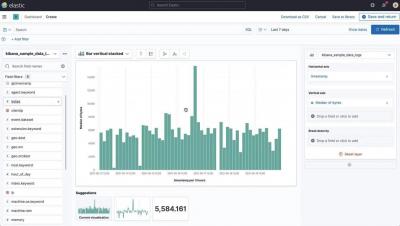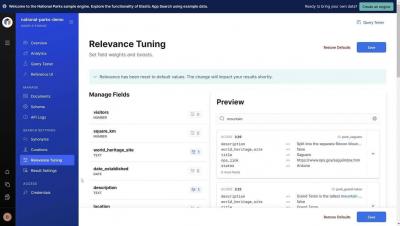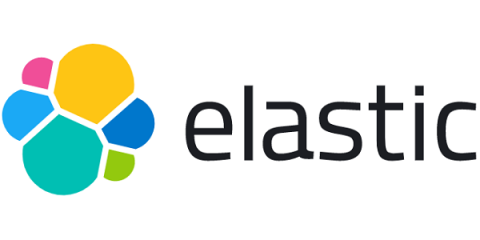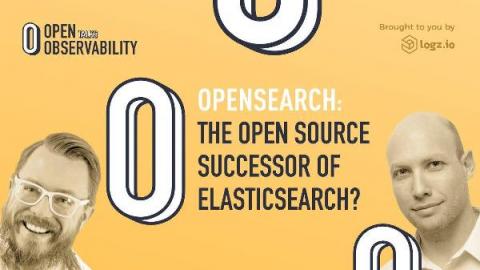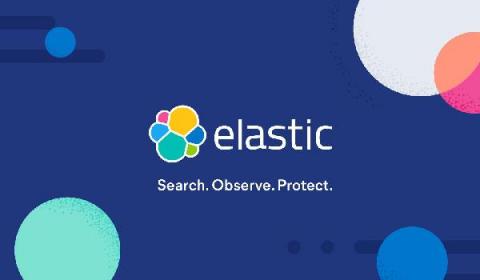How Elastic is helping Honeywell generate sales from online search
Honeywell is a Fortune 100 company that produces commercial and consumer products. With roots dating to 1906, the multinational conglomerate offers chemicals, industrial manufacturing, engineering services, aerospace systems, and much more. The United States-based company employs 110,000 workers globally, and posts revenue of nearly $37 billion. Honeywell is a key player in 50 industries. It produces everything from N95 masks to automated warehouse solutions and airport security scanners.




